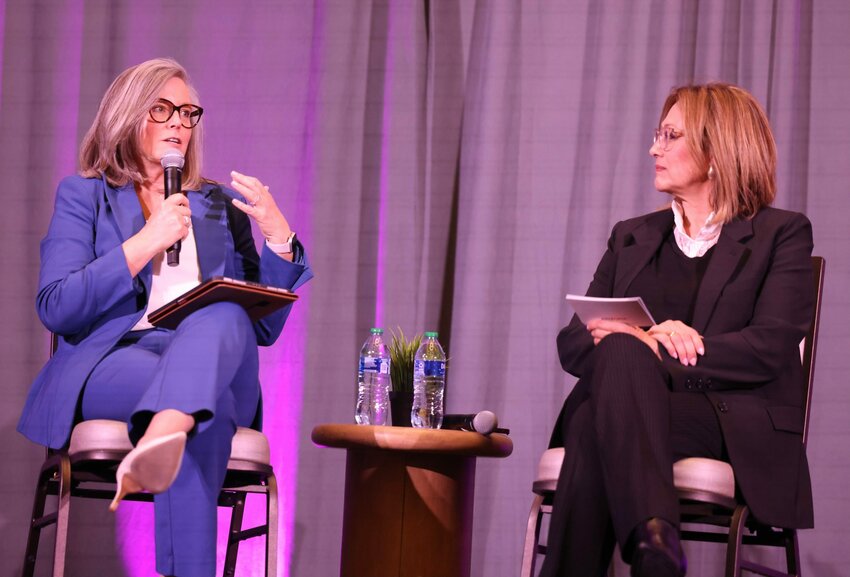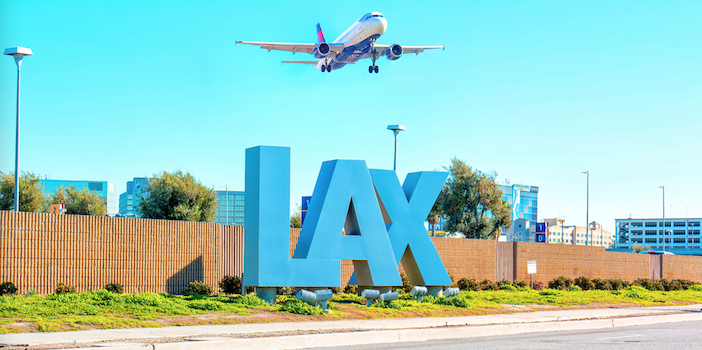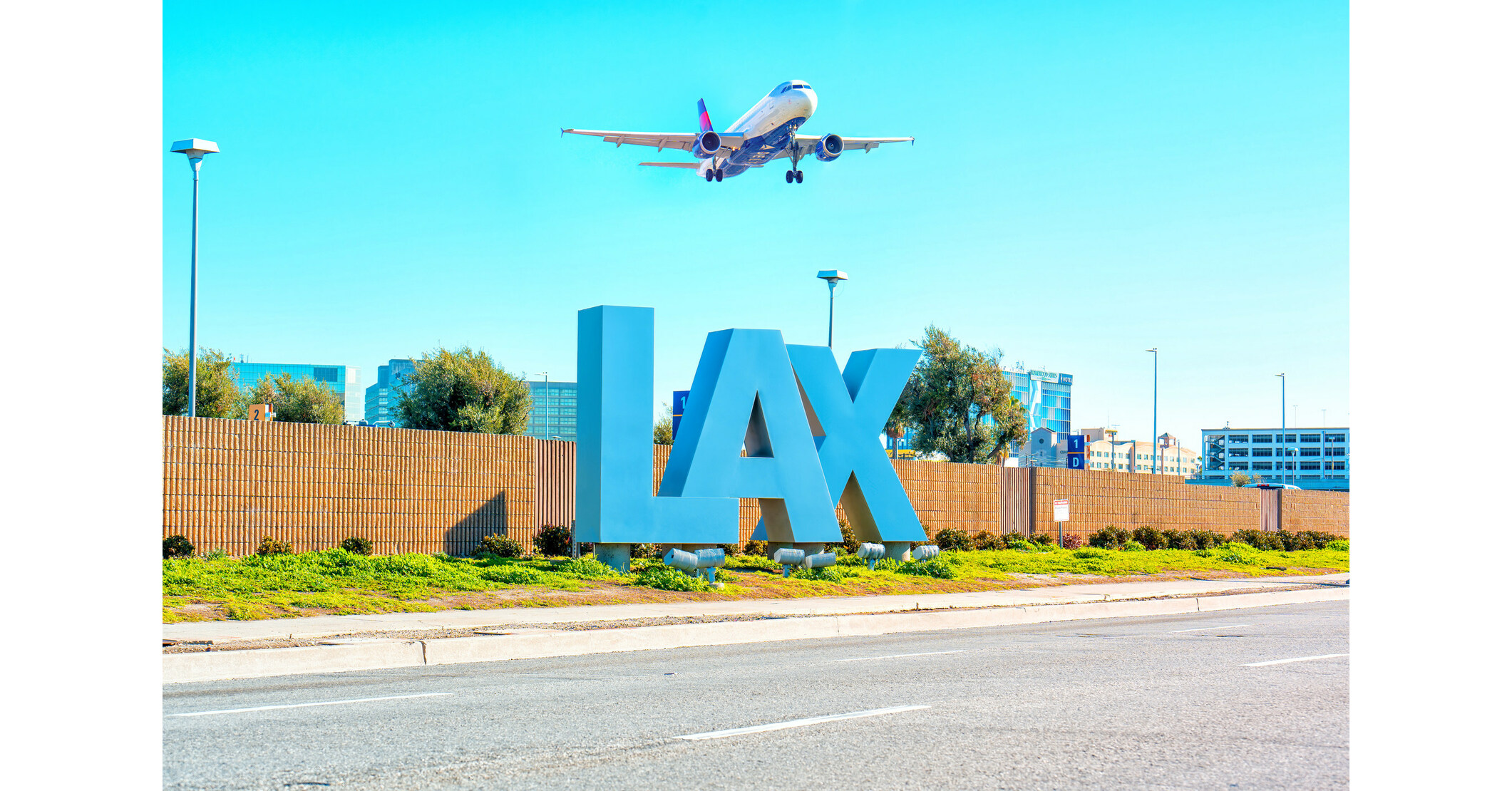



The US aviation industry is experiencing record growth, crucial for global connectivity, economic expansion, and cultural exchange. According to the Airports Council International, the aviation sector is predicted to fully recover from the Covid-19 pandemic by 2024, with passenger traffic expected to reach 9.4 billion. The demand for air travel is projected to double by 2040, growing at an annual average rate of 3.4% [ed4482e0].
In this context, the US aviation industry significantly impacts the economy, supporting over 1.1 million jobs and contributing more than $1.7 trillion annually [11de8f03]. Artemis Aerospace has responded to this growth by opening new hubs in Miami, Florida, and Los Angeles, California, aimed at streamlining orders and deliveries, and providing rapid solutions for flight training operations. The company specializes in component supplies, repairs, flight simulation hardware support, and global aircraft logistics [ed4482e0] [11de8f03].
Roswell, New Mexico, known for its aviation economy, has a population of about 48,000 and is home to the Roswell Air Center (RAC), which features a 5,000-acre complex and a 13,000-foot runway. In May 2024, Roswell was selected to host the National Championship Air Races starting in September 2025, further solidifying its role in the aviation sector [4afff4e1].
Arizona is also playing a significant role in the growth of the space sector through education and collaboration. The state is the fifth-largest employer in aerospace and defense manufacturing, with over 1,250 supply chain contributors and major industry players employing over 52,000 people directly. Programs and initiatives have been implemented to foster student interest in STEM education, with the University of Arizona ranking in the top six for NASA-funded activity [95ece04f].
Salina, Kansas, has a rich aviation history, with the Salina Regional Airport serving as the launch point for Steve Fossett's 2005 solo flight around the world. The airport hosts a UAS Drone program and is one of 12 FAA research facilities. Construction of the K-AIRES center began in August 2024 and is expected to open in 2026 [4afff4e1].
With the global space economy valued at $630 billion in 2023 and projected to reach $1.8 trillion by 2035, the U.S. space economy contributed $131.8 billion to GDP in 2022, supporting 347,000 jobs. The expansion of Artemis Aerospace in the US aviation industry and the growth of the space sector in Arizona and New Mexico present ample opportunities for suppliers to capitalize on the increasing demand for aviation components and support services in these thriving industries [4afff4e1].